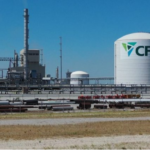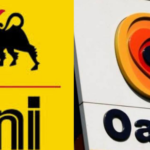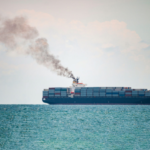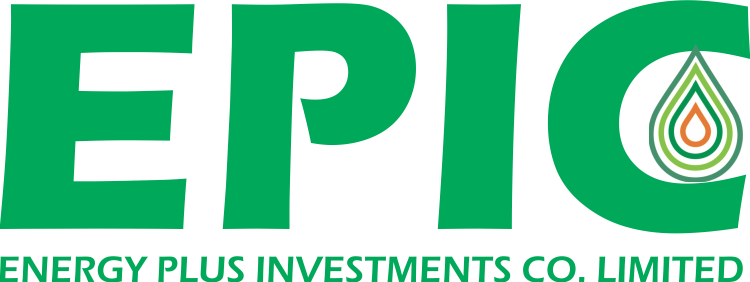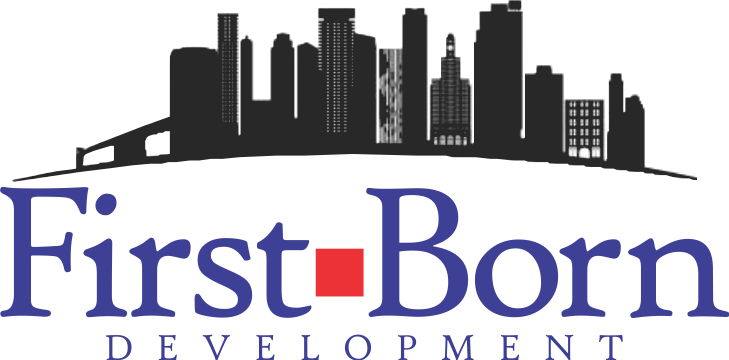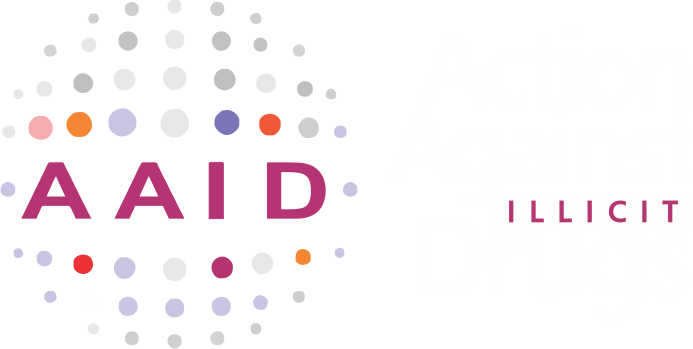While continuous production outages in Nigeria and Libya, the Organization of Petroleum Exporting Countries, OPEC had pumped an extra 310,000 barrels of oil per day in July.
According to a Reuters survey a few members delivered nearly 60 per cent of an output hike pledged under a deal with allies.
The OPEC pumped 28.98 million barrels per day (bpd) of crude last month, the survey found, up 310,000 bpd from June’s revised total.
Some 240,000 bpd of that increase came from the 10 OPEC producers who had signed up to agreement between OPEC and allies led by Russia a group known as OPEC+ in which they had pledged to boost output by an extra 412,000 bpd.
OPEC+ is unwinding 2020 output cuts made due to the pandemic, though many are struggling to deliver the full volumes. The deal called for a 648,000 bpd increase in July from all OPEC+ members, including the 412,000 bpd from OPEC signatories.
Another increase in output is not expected when OPEC+ meets on Wednesday, industry sources indicated.
The meeting is not likely to see a surprise outcome in terms of a production hike,” an OPEC+ source said.
Output has undershot pledged hikes between October and June, with the exception of February, according to Reuters surveys, as many producers lack the capacity to pump more due to insufficient investment, a trend accelerated by the pandemic.
As a result, the 10 OPEC members are pumping far less than called for. Output undershot the July target by 1.3 million bpd, the survey found, and compliance with the remaining pledged cuts was 418 per cent up from 253 per cent in June.
The biggest increase in production, of 150,000 bpd, came from top exporter Saudi Arabia, the survey found, although the kingdom continued to pump less than its target.
Output in Libya, which dropped sharply due to unrest in June, posted a slow recovery and by the end of the month had recovered to normal levels. Libya is one of the members exempt from making voluntary cuts.
The United Arab Emirates and Kuwait boosted supply largely in line with their quotas, while Iraqi output edged higher.
The biggest decline, of 70,000 bpd, came from Nigeria, where outages and maintenance curbed output. Production in Iran and Venezuela, the other two exempt producers, was steady.
The Reuters survey aims to track supply to the market. It is based on shipping data provided by external sources, Refinitiv Eikon flows data, information from tanker trackers such as Petro-Logistics, and information provided by sources at oil companies, OPEC and consultants.



















